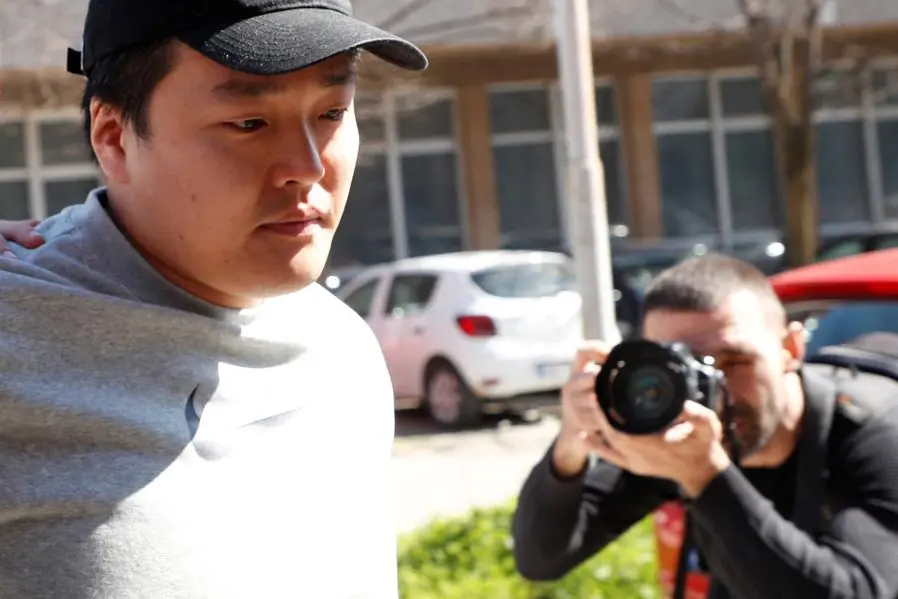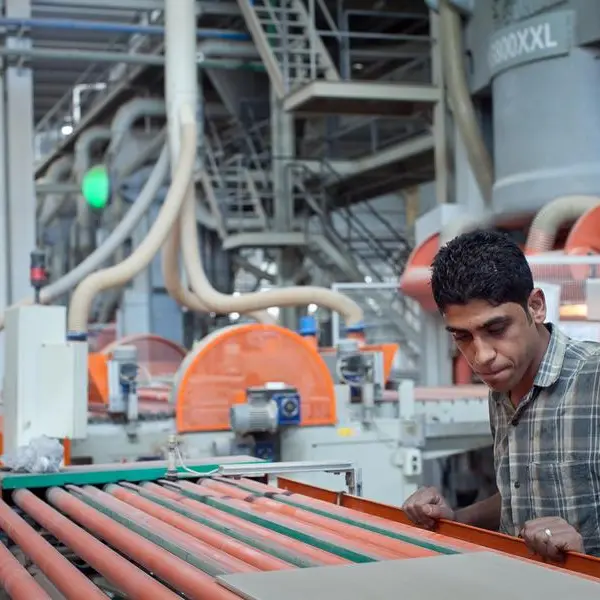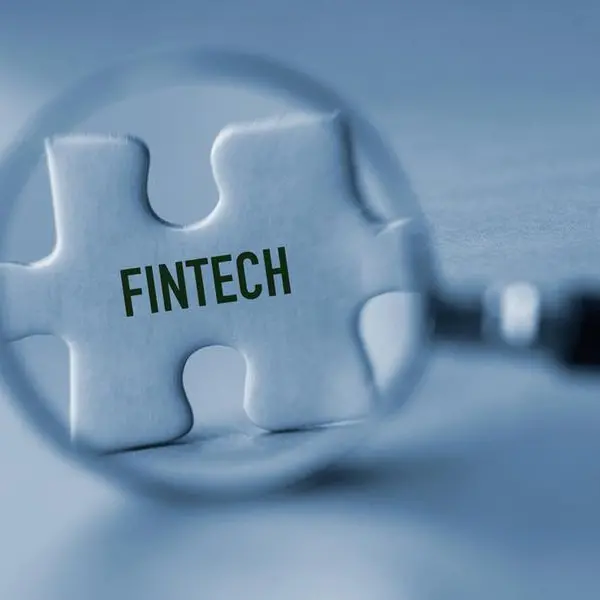PHOTO
NEW YORK - A federal judge ruled on Thursday that cryptocurrency entrepreneur Do Kwon and his company Terraform Labs violated U.S. law by failing to register two digital currencies that collapsed in 2022.
U.S. District Judge Jed Rakoff in Manhattan sided with the Securities and Exchange Commission in its case stemming from the implosion of the TerraUSD and Luna currencies.
Rakoff also denied summary judgment to both sides on the SEC's fraud claims, which will proceed toward a scheduled Jan. 29, 2024 trial. He dismissed SEC claims that the defendants illegally offered security-based swaps.
A Terraform spokesman said the company strongly disagreed with the decision, did not believe its tokens were securities, and would continue defending against the SEC's "meritless" fraud claims at trial.
The SEC had no immediate comment.
Kwon, a South Korea native, has also been charged with fraud by U.S. prosecutors in Manhattan.
He has been fighting extradition to the United States from Montenegro, where he was arrested in March several hours before the criminal fraud charges were announced.
Kwon had designed TerraUSD, a "stablecoin" designed to maintain a constant $1 price, and Luna, a more traditional token whose value fluctuated but was closely linked to TerraUSD.
Both cryptocurrencies lost an estimated $40 billion or more when TerraUSD proved unable in May 2022 to maintain its $1 peg.
Their collapse also dragged down the value of other cryptocurrencies, including bitcoin.
The SEC contended that four of the defendants' crypto assets, including TerraUSD and Luna, were unregistered securities because they qualified as "investment contracts."
It also accused Terraform and Kwon of repeatedly misleading investors about the stability of TerraUSD, including by claiming that their cryptocurrencies would increase in value.
'NO GENUINE DISPUTE'
In a 71-page decision, Rakoff said there was "no genuine dispute" that the four crypto assets were securities under a 1946 U.S. Supreme Court decision defining investment contracts.
The Court ruled in that case, SEC v WJ Howey Co, that an investment of money in a common enterprise, with profits to come solely from others' efforts, was an investment contract.
But the judge also said reasonable jurors could disagree over whether the defendants intended to defraud investors in multiple statements about Terraform's business.
These included statements about TerraUSD's temporary May 2021 failure to maintain its $1 peg, and how a popular Korean mobile payment app used the Terraform blockchain to settle transactions and supported Luna's value.
Rakoff said the SEC's remedies for the sale of unregistered securities would be decided once the defendants' liability on the fraud claims has been resolved.
The cryptocurrency industry has fiercely denied that its tokens qualify as securities.
It won a victory in July when another judge on the Manhattan federal court said some tokens sold by Ripple Labs did not qualify as securities, because purchasers did not know if their money went to Ripple or third parties.
The case is SEC v Terraform Labs Pte Ltd et al, U.S. District Court, Southern District of New York, No. 23-01346.
(Reporting by Jonathan Stempel in New York and Tom Hals in Wilmington, Delaware; Editing by Diane Craft, Matthew Lewis and Jamie Freed)





















